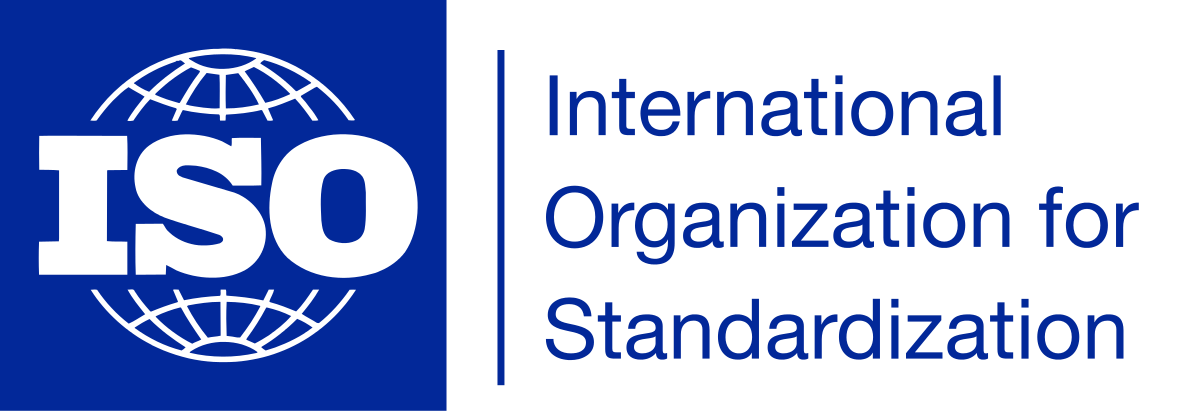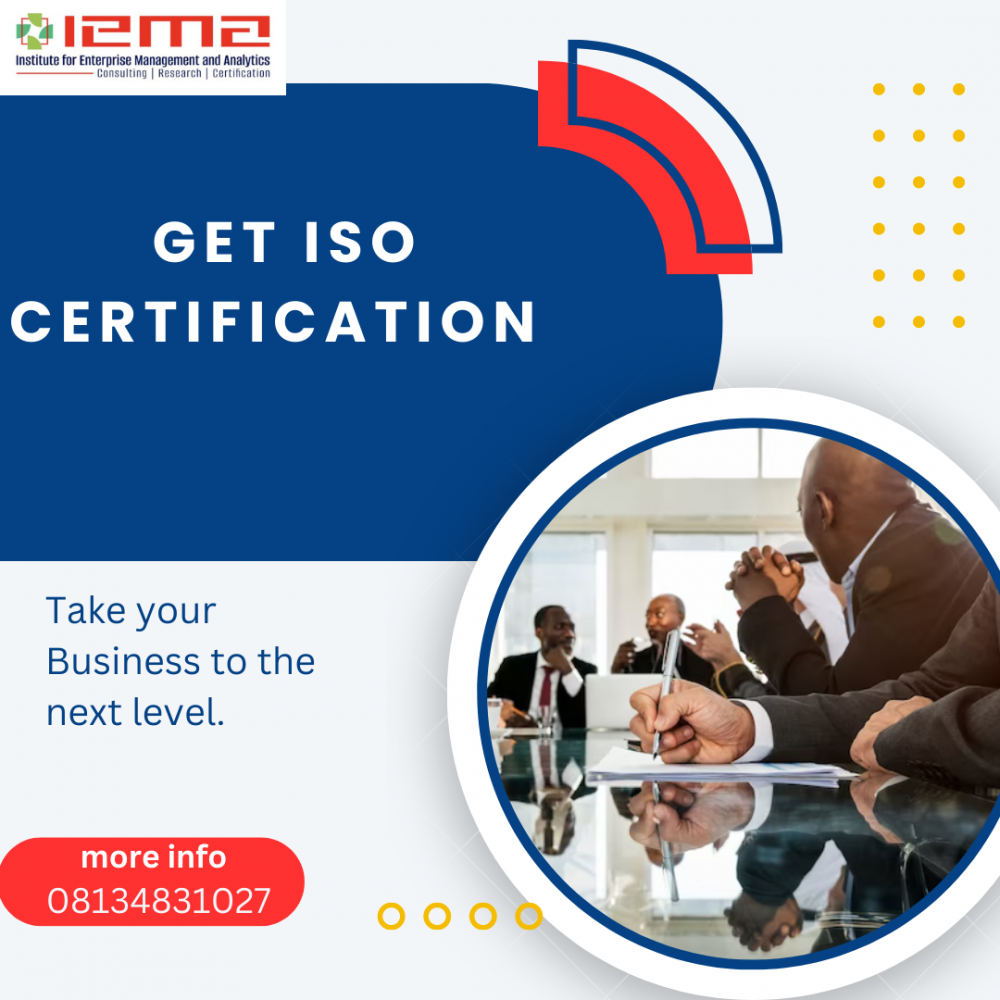The International Organization for Standardization (ISO) develops and publishes international standards that provide specifications for products, services, and systems to ensure quality, safety, and efficiency across various industries. Adhering to ISO standards not only enhances organizational performance but also demonstrates commitment to best practices and customer satisfaction. In this article, we explore the significance of ISO standards and their implementation in businesses.
Understanding ISO Standards:
ISO standards are voluntary guidelines that define requirements, specifications, and guidelines for quality management, environmental management, information security, and other areas of business operations. These standards are developed through a consensus-based process involving industry experts, government representatives, and other stakeholders to ensure global relevance and applicability. Examples of widely recognized ISO standards include ISO 9001 (Quality Management), ISO 14001 (Environmental Management), ISO 27001 (Information Security Management), and ISO 45001 (Occupational Health and Safety Management).
Benefits of ISO Certification:
Obtaining ISO certification offers numerous benefits for businesses, including improved product quality, enhanced customer satisfaction, increased operational efficiency, and competitive advantage in the marketplace. ISO certification demonstrates adherence to international best practices and standards, instilling confidence among customers, suppliers, and other stakeholders. Moreover, ISO certification can facilitate access to new markets, as many organizations require suppliers to be ISO-certified as a prerequisite for doing business.
Process of ISO Certification:
The process of obtaining ISO certification typically involves several stages, including gap analysis, documentation, implementation, internal audit, and external audit by a certification body. During the gap analysis phase, businesses assess their current practices and procedures against the requirements of the relevant ISO standard to identify areas for improvement and compliance. Subsequently, businesses develop and implement a quality management system (QMS) or other management system in accordance with ISO requirements. Internal audits are conducted to evaluate the effectiveness of the QMS and identify non-conformities or areas of improvement. Finally, an external audit is conducted by an accredited certification body to assess compliance with ISO standards and grant certification upon successful completion of the audit process.
Integration of ISO Standards:
Many organizations choose to integrate multiple ISO standards within a single management system to streamline processes, reduce duplication, and maximize efficiency. For example, the integration of ISO 9001 (Quality Management) with ISO 14001 (Environmental Management) and ISO 45001 (Occupational Health and Safety Management) can create an integrated management system (IMS) that addresses quality, environmental, and occupational health and safety aspects simultaneously. Integration of ISO standards enables organizations to leverage synergies, enhance cross-functional collaboration, and improve overall performance.
Continuous Improvement and Maintenance:
ISO certification is not a one-time achievement but rather a continuous journey towards excellence and continual improvement. Organizations must maintain their ISO certification through regular surveillance audits and recertification audits conducted by certification bodies. Additionally, organizations should foster a culture of continuous improvement by implementing processes for monitoring, measurement, analysis, and improvement of their management systems. By embracing the principles of Plan-Do-Check-Act (PDCA) cycle, organizations can identify opportunities for optimization, innovation, and enhancement of their performance in line with ISO standards.
In conclusion, ISO standards serve as valuable tools for businesses to enhance quality, efficiency, and customer satisfaction across various aspects of their operations. By obtaining ISO certification, organizations can demonstrate their commitment to excellence, gain competitive advantage, and contribute to sustainable growth and development. Through integration, continuous improvement, and adherence to best practices, businesses can leverage ISO standards to drive success and achieve their strategic objectives.





Leave a Reply